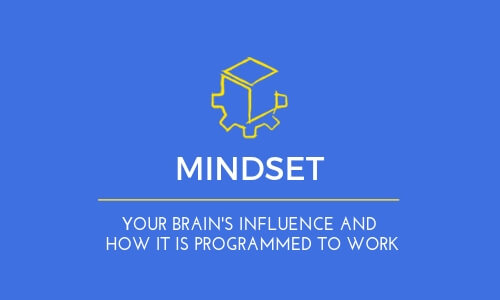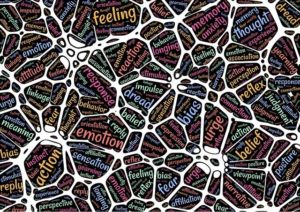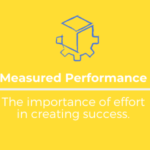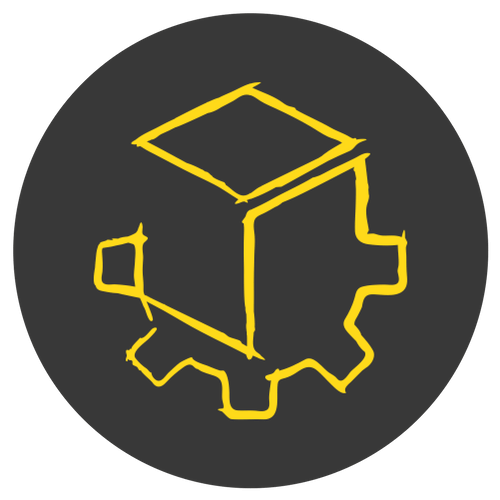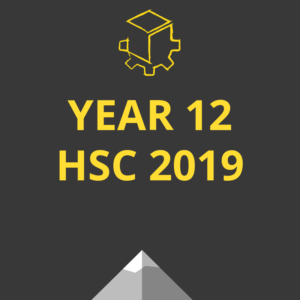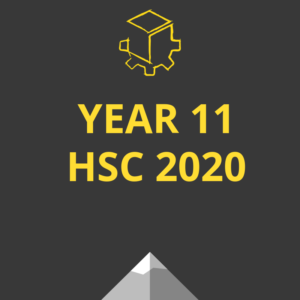Avoiding the tasks you need to do?
Procrastinating after working for only 5 minutes?
Difficulty in trying & implementing new study strategies?
These are all very common issues and complaints occur for all of us from one time or another. Learning about how the brain works will give you a greater understanding into your current study habits and why they are the way they are. It is a well-known fact that the brain is the control centre for your behaviour however a lot of people know very little about it and how it actually operates.
Six insights into the brain as explored by David Rock, director of the NeuroLeadership Institute, may help you identify your behaviours surrounding study and exam performance and therefore give you the opportunity to rewire your old ‘bad study habits’ and create new productive behaviours.
THE BRAIN IS A CONNECTION MACHINE
- The function of the brain is to find associations and connections between information, creating neural “maps”.
- When we process new ideas we are creating a new map. Creating new maps take up a lot of energy!
- New maps increase motivation. This is why when you learn a new skill, such as driving a car, you feel motivated and excited.
- Seek to create new maps of knowledge using techniques such as Mind Maps.
- Identify when you are struggling with a problem and strive to challenge yourself to find a solution yourself. Notice your feelings after this moment and use it as inspiration in your next problem.
NO TWO BRAINS ARE THE SAME
- There are unlimited ways that a brain may process and store information. This is why people look at things and process information differently.
- For Example, have you ever noticed that you and a friend will approach a problem or question in completely different ways. Or have you noticed that study strategies that work for your friend do not work for you at all? This is because no two brains are the same.
- Understand the importance of making your own connections and seeking out ways of processing problems and concepts which work for you.
- Always try to remember what strategies have worked for you in the past and utilise this in your next problem.
- The Coaching team are constantly working with you to support you generate your own insights and not just ‘tell you’ what worked for us or how we would approach it.
YOUR BRAIN HARDWIRES EVERYTHING
- The brain hardwires attitudes, processes and behaviours making it easier for the brain to respond to situations. E.g when you first learn to drive you are concentrating hard. In no time at all your brain has hardwired the actions of getting in the car, indicating, checking mirrors, switching gears without much thought at all!
- Hardwiring frees up the brain to think.
- It is crucial that you hardwire the behavior of essay writing and exam performance so that when you are in the examination room, you automatically move into exam mode.
- If you have not hardwired the habit of completing an exam or writing an essay, your brain will be focusing on that and you will have no ‘free space’ for the brain to think creatively about the question/s you are being asked.

YOUR BRAIN’S WIRING AFFECTS YOUR PERCEPTION
- Perceptions are driven by our habits.
- Everyone has a unique perception of the world.
- Acknowledging this will help you to understand possible roadblocks in your study technique.
- You may have a hardwired belief that you cannot do a certain Math’s topic or you just don’t understand the Discovery unit and never will. This will then create a false reality and will become an underlying belief of yours.
IT IS IMPOSSIBLE TO DECONSTRUCT OUR WIRING
- So how do you change these hardwired connections? Unfortunately, you can’t.
- But its not all doom & gloom! You CAN create new ‘positive’ wiring which over time will replace the old ‘negative’ wiring.
- Whenever you are stuck on a problem do not dwell on it, rather think of new possible ways you could approach it.
- This may include using new and better techniques and methods such as structuring your essay a different way or applying new techniques to an equation you are trying to solve.
IT IS EASY TO CREATE NEW WIRING
- Every day our brain creates enormous amounts of new neural maps or connections
- However, there is a difference between a map that is held in our working memory (a thought) and a map that is hardwired in the deeper parts of our brain (a habit)
- In order to hardwire a new behaviour, you need to give it enough attention over a period of time so that a habit is formed.
- The less effective paths or habits you are not using will slowly become less connected over time.
- Reattempt & Resubmit! The more you submit your work for similar style questions throughout the year, the more likely you are to hard wire the information.
- Make effective study techniques a habit and do them more than the ineffective study techniques – attempting exam style tasks, submitting a practice essay, completing multiple choice.
Next time you come across a Mount HSC challenge, keep the brain in mind and think about your thinking.
Find our more about how HSC CoWorks can support your child with Exam Performance and Essay Writing. Click here.

